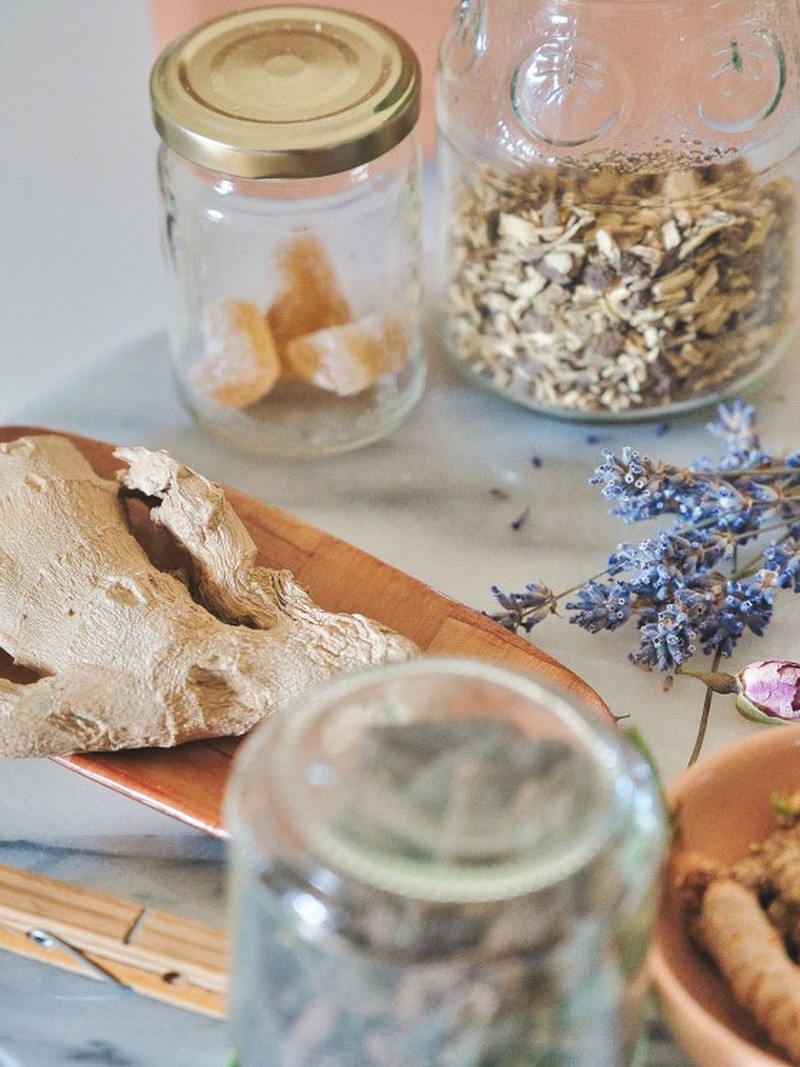Health & Supplement Advice From A Leading Herbalist
Herbalism is a holistic practice. It’s not just about treating symptoms – it’s about treating your whole body and the underlying cause of the symptoms. Plants are powerful. They absorb nutrients from the soil to survive and thrive, and this is what they do to our bodies. The nutrition they provide – we refer to these as phytochemicals – is recognised by our body as food, which makes these nutrients easily absorbed with a very low risk of side effects. Herbs are used by 80% of the world’s population as a primary form of medicine, and there’s almost no condition they can’t treat. And chances are you’re already using some herbs – perhaps you’ve sipped on a cup of peppermint tea to soothe a sore stomach or used lavender oil before bed? These aren’t just old wives’ tales.
Herbs are an incredible way to balance hormones. PCOS (polycystic ovarian syndrome) affects one in ten women in the UK, but it responds incredibly well to herbs. It’s characterised by multiple ovarian cysts (seen on an ultrasound), raised androgen levels, acne, insulin resistance, irregular periods and fertility challenges. A combination of white peony (a hormone balancer that clears excess androgens), liquorice (an adaptogen that calms inflammation) and gymnema (which helps with insulin resistance) works every time – it’s a combination I use time and again with clients.
They’re more versatile than traditional supplements. Herbs are essentially food, and they can be added to the diet as part of daily recipes. This way, you’ll also have more digestive juices to metabolise them. Start by cooking with more spices: clove protects against parasites; thyme, oregano and rosemary support immunity; ginger and chilli fight against infection; while fennel, cumin, coriander and basil will supercharge enzyme production and improve the absorption of nutrients from your other food. Add them at the end of your cooking to retain their potency. In the summer months, add chives, nettles, sorrel, oregano, basil and ramsons to pesto and gazpacho. Also drink more herbal tea – the easiest way of using herbs as medicine. My go-to blend contains passion flower, lemon verbena, chamomile, oatstraw, skullcap and rose – it reduces stress, lifts anxiety and boosts endorphins.
Botanical vinegar is a good addition to your kitchen. Apple cider vinegar has an alkalising effect on the body and contains gut-friendly bacteria, which aid metabolism and fight pathogens. Macerate your choice of herbs for four to six weeks in apple cider vinegar to extract the nutrients, then either drink a shot before meals to enhance digestion or combine with olive oil to make salad dressing or add to cooked meals for flavour – botanical vinegar will provide a powerful boost to your health. Cloud Twelve’s The Bitter Helper is one of our bestsellers – it contains artichoke leaf, dandelion, burdock root, milk thistle, fennel, coriander and cumin seeds, all of which aid metabolism, increase enzyme production and promote gentle detoxification by stimulating liver function.
Adaptogens help us recover from stress. From a herbal perspective, nothing is more effective at restoring energy and bringing the body back into balance than adaptogens. These plants lived through the Ice Age by adapting to survive in the most severe conditions. The concentrated energy and nutrients of these plants is stored in their roots, and they have a similar effect on the body, helping us adapt to stress, supporting adrenal function, enhancing immunity and making us more resilient to disease. As the name suggests, adaptogens can quite literally ‘adapt’ our mood, either giving the body a boost or downregulating to restore balance.
Nettles are a fantastic source of nutrients. Foraging is a simple way to boost the nutritional value of your diet. There are countless medicinal leaves, flowers, berries and mushrooms that can be found in your garden. Always take a field guide with you and be sure you can positively identify any plant before you pick it, but nettles are a good place to start. They’re one of the most widespread weeds in Europe and can help clear toxins, reduce water retention and stimulate hair growth. Nettle is also an excellent antihistamine and comes out in early spring just in time to treat hay fever. Being a weed, nettle regrows within a week, so you can have an endless supply of it all summer.
Here, Jenya Shares Her Go-To Herbs…
Ginseng:
For Stamina
“For centuries in the East, top-grade ginseng root has been valued more highly than gold. It’s an incredible tonic to optimise adrenal function and is an excellent remedy when you’re training for a physical event like a marathon, recovering from illness or surgery, or taking on a large project at work. It can also enhance immunity and reduce your immune response in allergies.”
Passion Flower:
For Mood
“Passion flower has powerful calming properties as it influences GABA, a neurotransmitter produced by the brain that actively promotes relaxation.”
Rhodiola:
For Focus
“Rhodiola is my favourite pick-me-up adaptogen. It’s been used for centuries to reduce fatigue, enhance alertness, improve memory and tackle depression. It’s a great caffeine alternative as it instantly improves mental and physical alertness without the tell-tale energy crash of caffeine. In the mountain villages of Siberia, rhodiola is still given to newlyweds to enhance fertility.”
False Unicorn Root:
For Irregular Cycles
“Despite its strange name, false unicorn root is widely used for a variety of gynaecological complaints, including amenorrhoea, irregular periods, period pain or miscarriage. It’s known for its ability to regulate and normalise ovarian and uterine function.”
Shatavari:
For Libido
“Shatavari is considered the most important tonic for women in Ayurvedic medicine. It’s used to boost libido, regulate hormonal imbalances and enhance fertility. It’s often given to lactating women to improve the quality and quantity of their breast milk, too.”
Turmeric:
For An Active Lifestyle
“With potent anti-inflammatory properties, turmeric is great for anything in the body that’s inflamed and causing pain. It’s great for athletic recovery. It can also increase blood supply and oxygen flow throughout the body, making it a good option for those with poor circulation. It has poor bioavailability, however, so it’s best combined with black pepper and oil for optimal absorption – include it in curries and stir fries. It can also be taken in liposomal form as a supplement.”
Motherwort:
For Sleep
“Motherwort has been traditionally used to reduce palpitations, calm anxiety and aid sleep. It also supports liver function by stimulating bile production, which plays an important role in fat metabolism.”
Vitex:
For Progesterone Support
“Vitex, also known as chaste berry, has a long history of use for regulating menstrual cycles due to its ability to normalise prolactin levels and correct a progesterone deficiency. Vitex can also influence ovulation and is often the first herb a practitioner will turn to if a woman is struggling to get pregnant due to a lack of periods or a short luteal phase (the time immediately after ovulation).”
Black Cohosh:
For Hot Flashes
“Black cohosh is probably the most famous herb used in the management of menopausal symptoms and is effective for night sweats, insomnia, irritability, palpitations, cramps and headaches.”
To book a consultation with Jenya, visit CloudTwelve.co.uk and book a complimentary 15-minute support call here.
SHOP THE SL EDIT
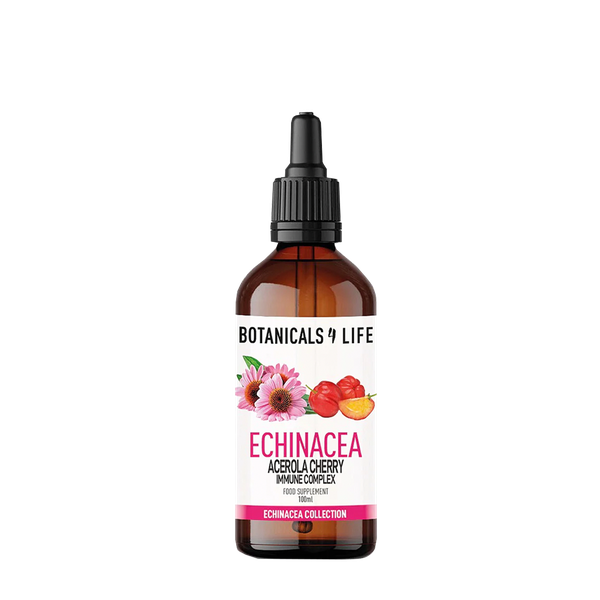
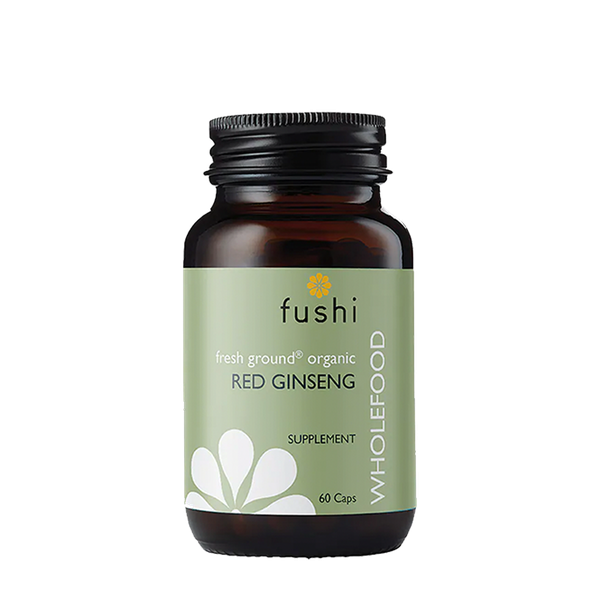
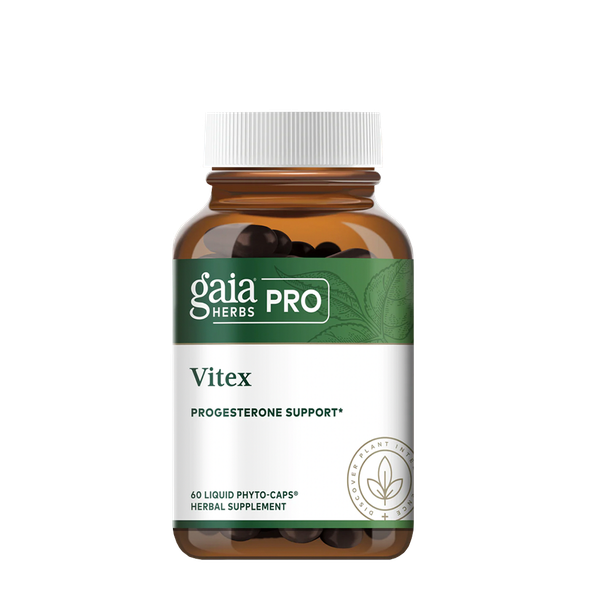
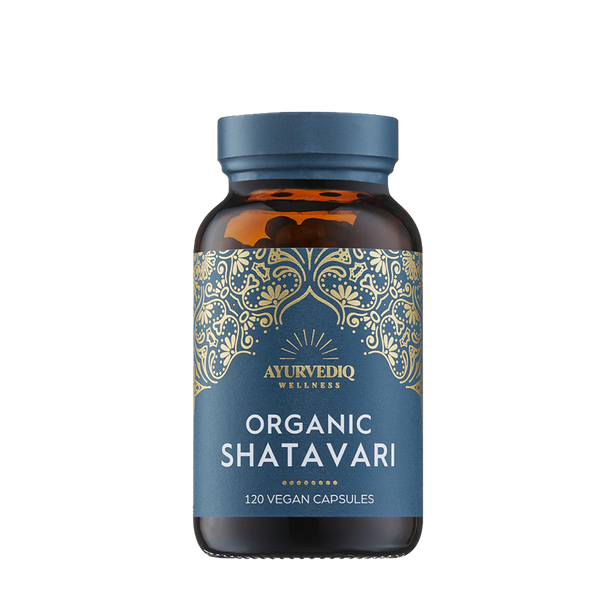
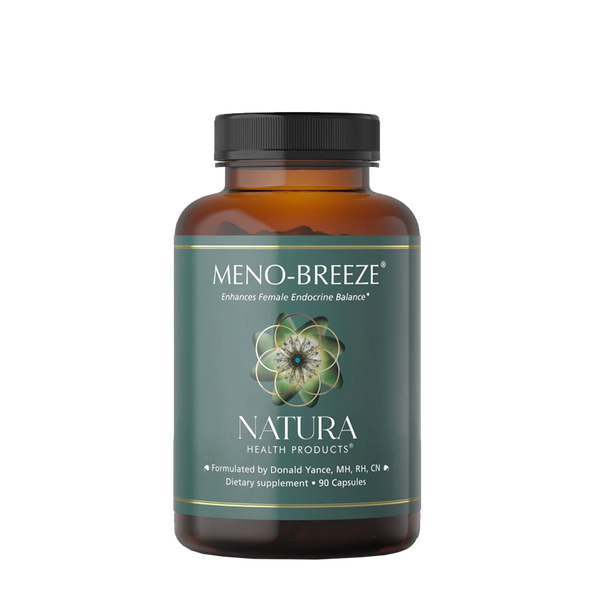
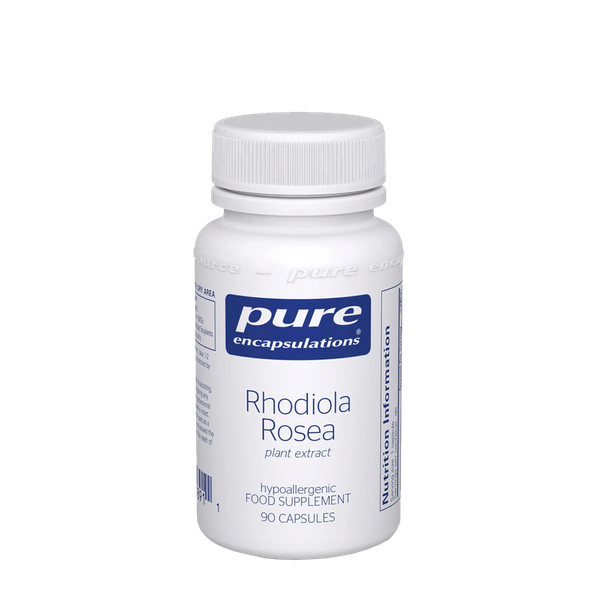
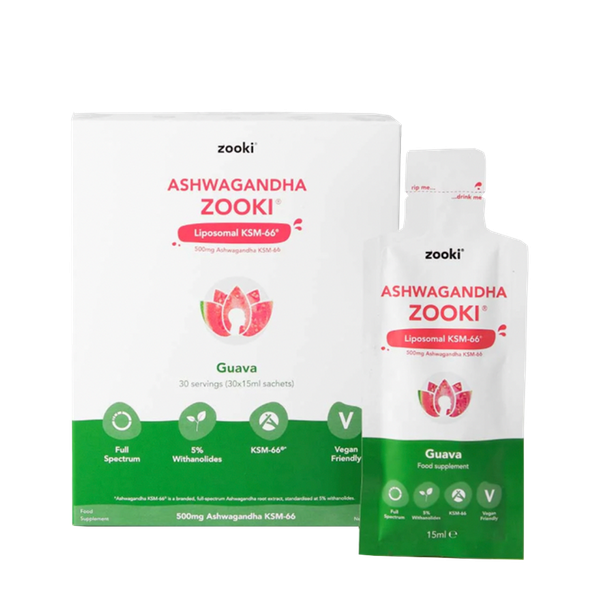
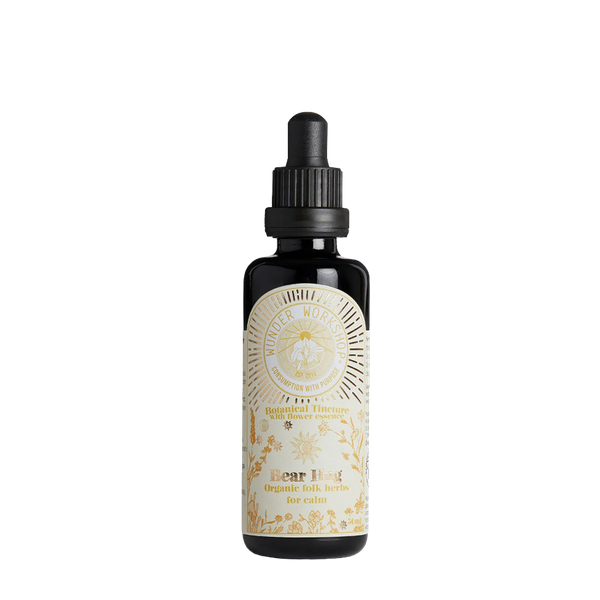
DISCLAIMER: Features published by SheerLuxe are not intended to treat, diagnose, cure or prevent any disease. Always seek the advice of your GP or another qualified healthcare provider for any questions you have regarding a medical condition, and before undertaking any diet, exercise or other health-related programme.
DISCLAIMER: We endeavour to always credit the correct original source of every image we use. If you think a credit may be incorrect, please contact us at info@sheerluxe.com.
